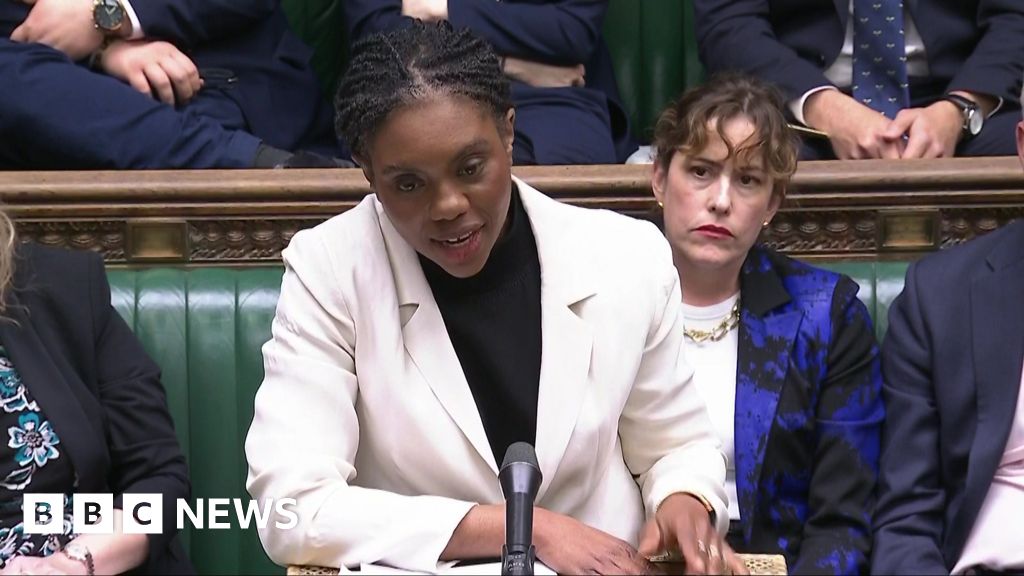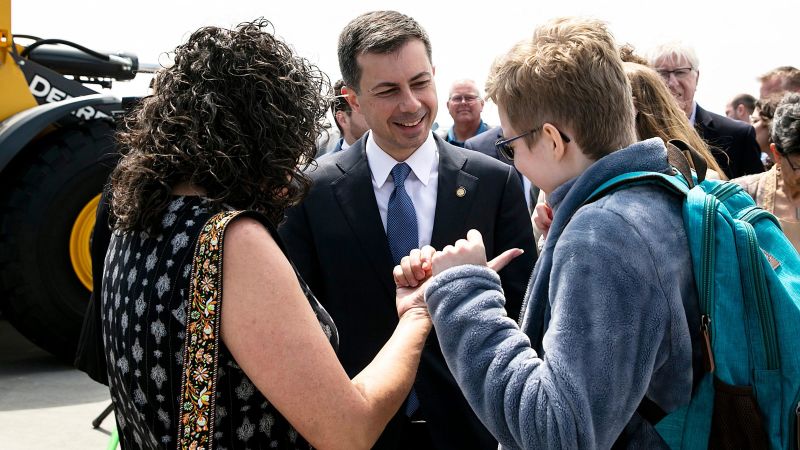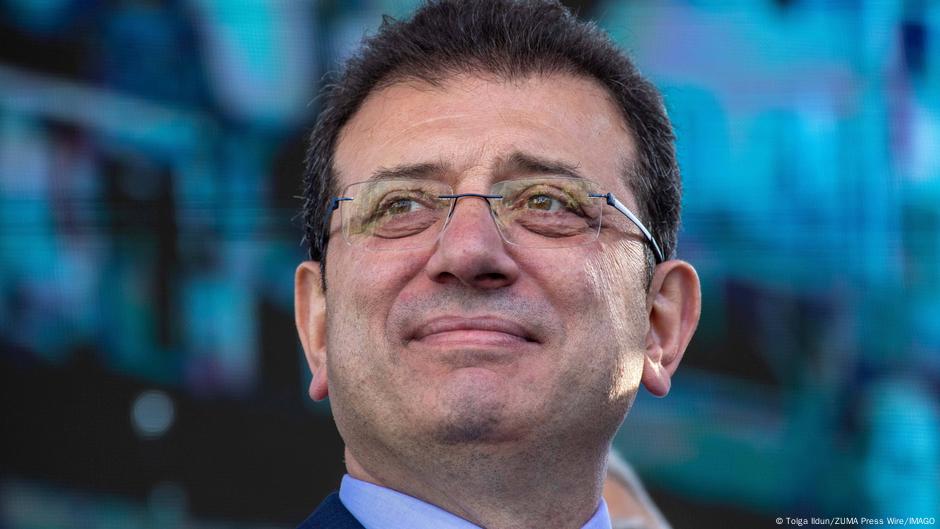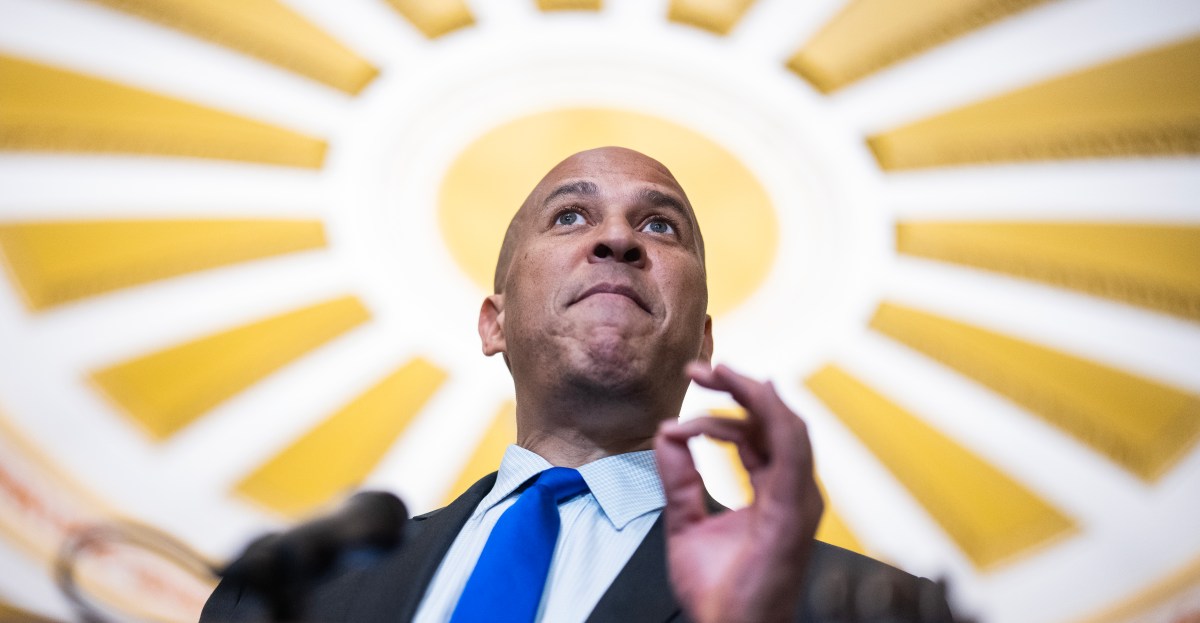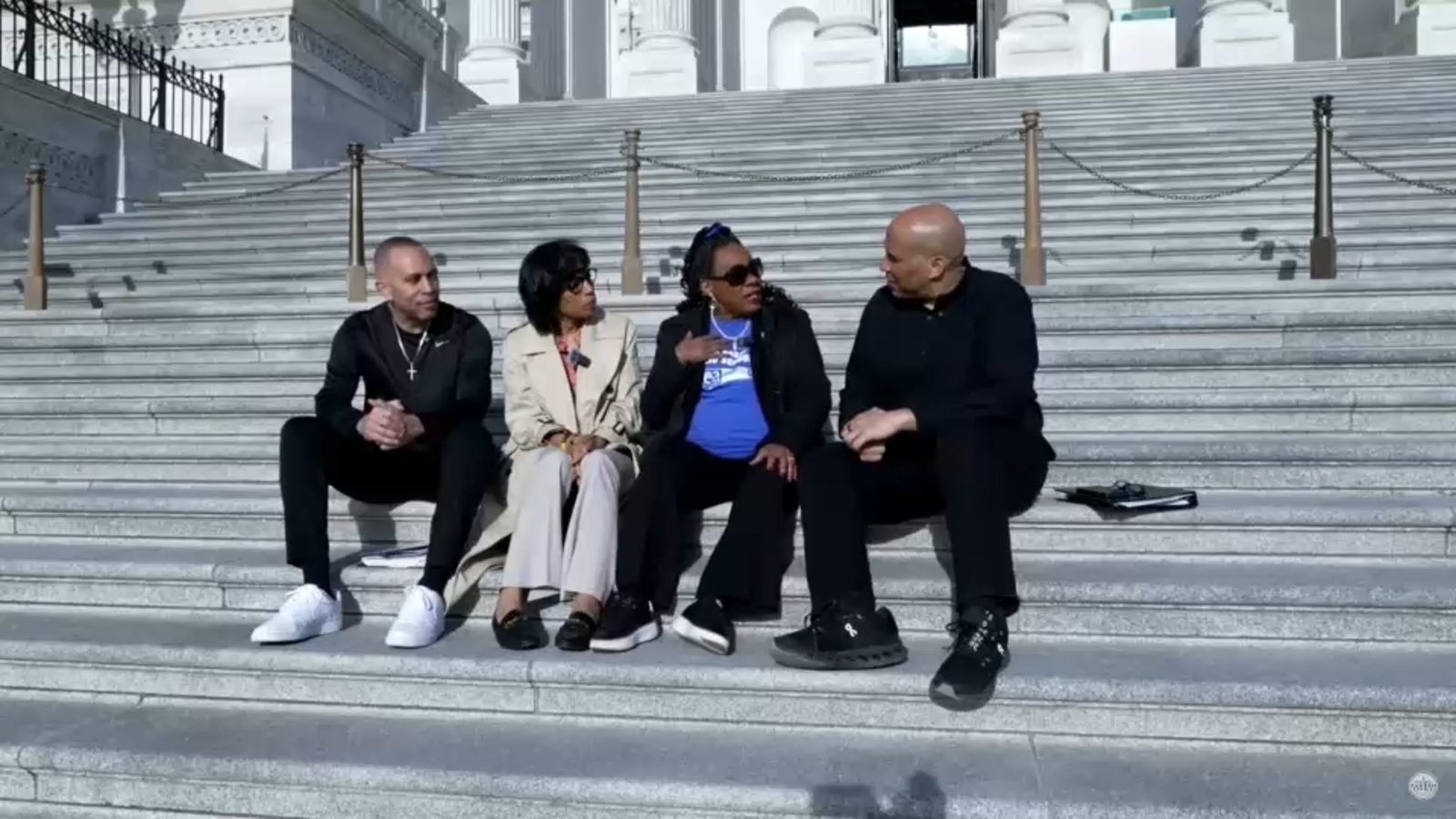Political Purge: Trump Strips Security Clearances from High-Profile Critics
Politics
2025-03-22 03:19:28Content
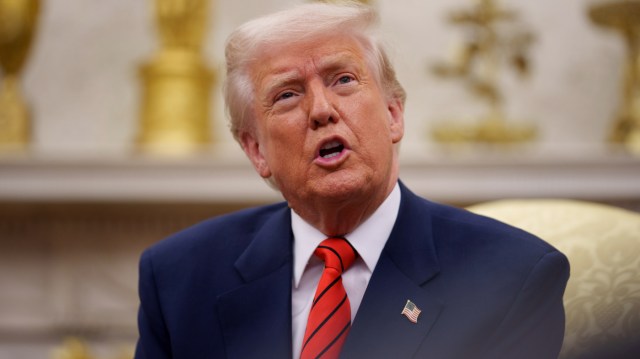
In a controversial move that sent shockwaves through Washington, President Donald Trump wielded his executive power to revoke security clearances for several high-profile political opponents. The sweeping action targeted key figures who had been critical of his administration, including his former presidential rival Hillary Clinton and ex-Vice President Joe Biden.
The unprecedented decision sparked intense debate about presidential authority and political retribution. Trump's actions were widely seen as a direct response to what he perceived as ongoing criticism and challenges to his presidency from these prominent political figures.
By stripping these individuals of their security clearance, Trump not only diminished their potential access to classified information but also sent a clear message about his willingness to use presidential powers to silence his critics. The move was met with sharp condemnation from Democrats and some Republicans who viewed it as an abuse of executive privilege.
The list of targeted individuals extended beyond just Clinton and Biden, signaling a broader strategy to marginalize political adversaries and those who had been vocal in their opposition to the Trump administration's policies and conduct.
Presidential Power Play: The Controversial Clearance Revocation Saga
In the intricate world of political maneuvering, where power dynamics shift like sand, presidential actions can send shockwaves through the corridors of Washington. The recent decision to revoke security clearances represents more than a mere administrative procedure—it's a strategic chess move with far-reaching implications for national security and political relationships.Unraveling the High-Stakes Political Confrontation
The Mechanism of Security Clearance Revocation
Presidential authority over security clearances represents a complex and nuanced power mechanism within the United States government. Unlike typical administrative procedures, the revocation of security clearances can be a potent political instrument, capable of significantly altering an individual's professional landscape and potential future engagements. The process involves a meticulous evaluation of an individual's potential risk to national security, considering factors such as past behavior, potential conflicts of interest, and perceived loyalty to governmental institutions. Each revocation carries substantial weight, potentially limiting an individual's access to classified information and restricting their ability to participate in sensitive governmental discussions.Political Ramifications and Strategic Implications
The decision to revoke security clearances transcends mere bureaucratic protocol, representing a calculated political strategy with multifaceted consequences. By targeting specific political figures, the presidential administration signals its willingness to leverage administrative powers as a form of political leverage. Such actions can create significant tension within governmental circles, potentially undermining collaborative relationships and introducing additional complexity to already intricate political dynamics. The targeted individuals—often prominent political personalities—find themselves navigating a challenging landscape where professional credibility and access to critical information hang in the balance.Legal and Constitutional Considerations
Constitutional scholars and legal experts continue to debate the broader implications of presidential authority in security clearance matters. The executive branch's discretionary power in this domain remains a subject of intense scrutiny, with arguments both supporting and challenging the extent of such unilateral actions. The legal framework surrounding security clearance revocations is intricate, involving multiple layers of administrative regulations, constitutional interpretations, and precedent-setting judicial decisions. Each case represents a potential landmark in understanding the delicate balance between presidential prerogative and individual rights.National Security Perspectives
From a national security standpoint, the revocation of security clearances represents a nuanced decision-making process. Intelligence agencies must continuously assess potential risks, balancing the need for information protection with maintaining robust communication channels among governmental entities. The potential consequences extend beyond immediate political confrontations, potentially impacting long-term intelligence gathering capabilities and inter-agency collaboration. Each revocation sends ripple effects through complex governmental networks, potentially altering established communication protocols and information-sharing mechanisms.Broader Contextual Analysis
Understanding these clearance revocations requires a comprehensive examination of contemporary political landscapes. They represent more than isolated incidents—they are symptomatic of deeper systemic tensions within governmental structures, reflecting ongoing power struggles and ideological differences. The broader narrative encompasses not just individual actions but complex institutional dynamics, where political maneuvering intersects with national security considerations. Each decision carries potential long-term implications for governmental functionality and inter-agency relationships.RELATED NEWS
Politics

Wheat Voyage of Hope: A Humanitarian Lifeline Navigates Perilous Waters to Yemen's Starving Millions
2025-04-16 09:00:36
Politics
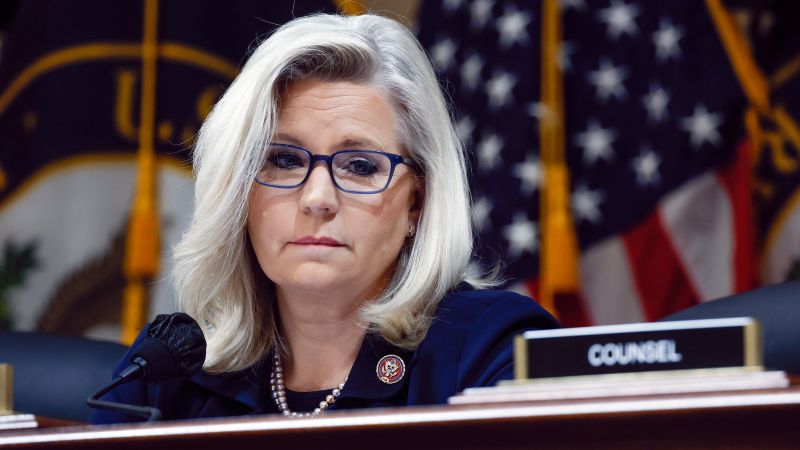
Capitol Clash: Speaker Johnson's GOP Faces Internal Revolt Over Jan 6 Probe
2025-03-12 08:00:53
